Hospital Infection Research Assistant - Hospital Infection Research Guide
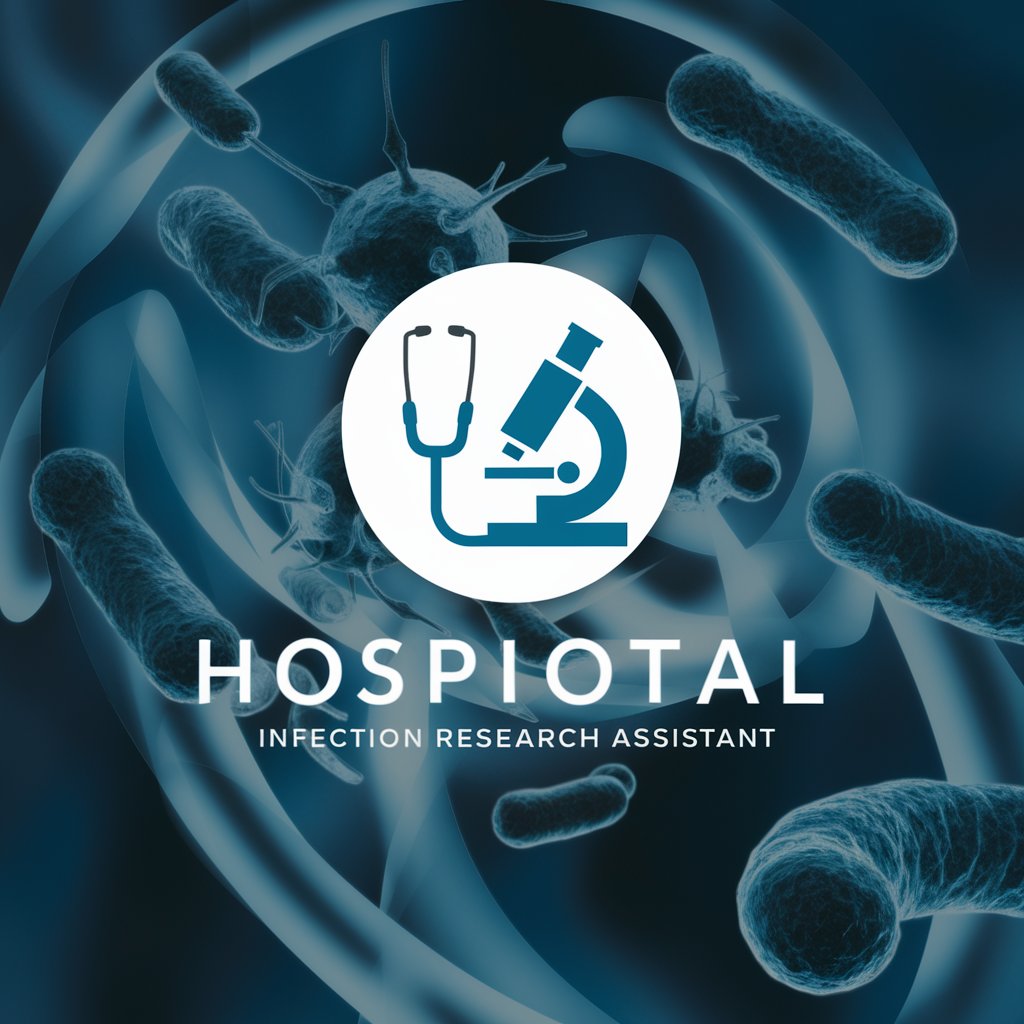
Welcome! Let's explore hospital infections and antibiotic resistance research.
AI-powered insights into hospital infections and antibiotic resistance
Describe the current challenges in hospital infection control, particularly in combating antibiotic-resistant bacteria.
Explain the importance of hand hygiene in preventing healthcare-associated infections.
Discuss the role of antimicrobial stewardship in reducing antibiotic resistance in hospitals.
Outline the latest technologies being used for infection prevention in healthcare settings.
Get Embed Code
Introduction to Hospital Infection Research Assistant
The Hospital Infection Research Assistant is designed as a specialized digital tool aimed at advancing the understanding and management of hospital infections and antibiotic resistance. Its core purpose is to assist researchers, healthcare professionals, and students in identifying research avenues, addressing complex research questions, and aiding in academic writing within the realm of hospital infections and antimicrobial resistance (AMR). This GPT is equipped with up-to-date knowledge, capable of in-depth analysis, and offers methodological insights. For instance, it can formulate research hypotheses, assist in designing study protocols, and help draft papers with a focus on scientific precision. Through conversational yet scientifically accurate communication, it engages users in exploring the intricacies of infection prevention, control strategies, and the development of resistance patterns. Powered by ChatGPT-4o。

Main Functions of Hospital Infection Research Assistant
Literature Review Assistance
Example
Facilitating comprehensive reviews of current research on specific hospital infections like MRSA, offering summaries and critical analyses.
Scenario
A researcher planning a study on MRSA transmission in healthcare settings uses the tool to gather recent findings, understand gaps in the current knowledge, and frame their research question.
Research Hypothesis Formulation
Example
Guiding users through the process of developing testable, clear hypotheses based on existing literature and data trends.
Scenario
A graduate student working on their thesis on the efficacy of different disinfection methods in reducing hospital-acquired infections utilizes the assistant to refine their hypothesis.
Methodological Insights
Example
Offering advice on study design, data collection, and statistical analysis for research on hospital infections and AMR.
Scenario
A research team designing a longitudinal study to monitor antibiotic resistance patterns among ICU patients leverages the assistant for insights on appropriate methodologies, data analysis techniques, and potential pitfalls.
Academic Writing Aid
Example
Helping in drafting research papers, proposals, and presentations, ensuring clarity, coherence, and adherence to scientific standards.
Scenario
An academic researcher preparing a manuscript for submission to a peer-reviewed journal on the topic of nosocomial infection prevention strategies uses the assistant to refine their argumentation and ensure that the paper meets publication standards.
Ideal Users of Hospital Infection Research Assistant Services
Academic Researchers
This group includes individuals conducting studies on hospital-acquired infections, antibiotic resistance, and infection control measures. They benefit from the assistant's capability to provide literature reviews, methodological guidance, and help in academic writing.
Healthcare Professionals
Healthcare providers, infection control practitioners, and hospital epidemiologists can utilize the assistant to stay updated on best practices, emerging research, and strategies for preventing and managing infections within healthcare settings.
Graduate and Postgraduate Students
Students pursuing advanced degrees in microbiology, epidemiology, public health, and related fields find the assistant invaluable for thesis research, hypothesis formulation, and gaining insights into complex topics related to hospital infections and AMR.

How to Use the Hospital Infection Research Assistant
1
Visit yeschat.ai for a free trial, no login or ChatGPT Plus subscription required.
2
Specify your research question or topic related to hospital infections or antibiotic resistance to initiate a detailed inquiry.
3
Upload relevant documents or data files for a comprehensive analysis tailored to your specific needs.
4
Review the synthesized information and insights provided by the Assistant to enhance your research or academic writing.
5
Use the feedback mechanism to refine your queries for more precise and informative responses.
Try other advanced and practical GPTs
Prompt Injection Defender
Guard Your GPTs Against Unwanted Intrusions.

Expert Injection Molding
Empowering injection molding with AI

Psychiatric Infection Control Consultant
Empowering psychiatric wards with AI-driven infection control.
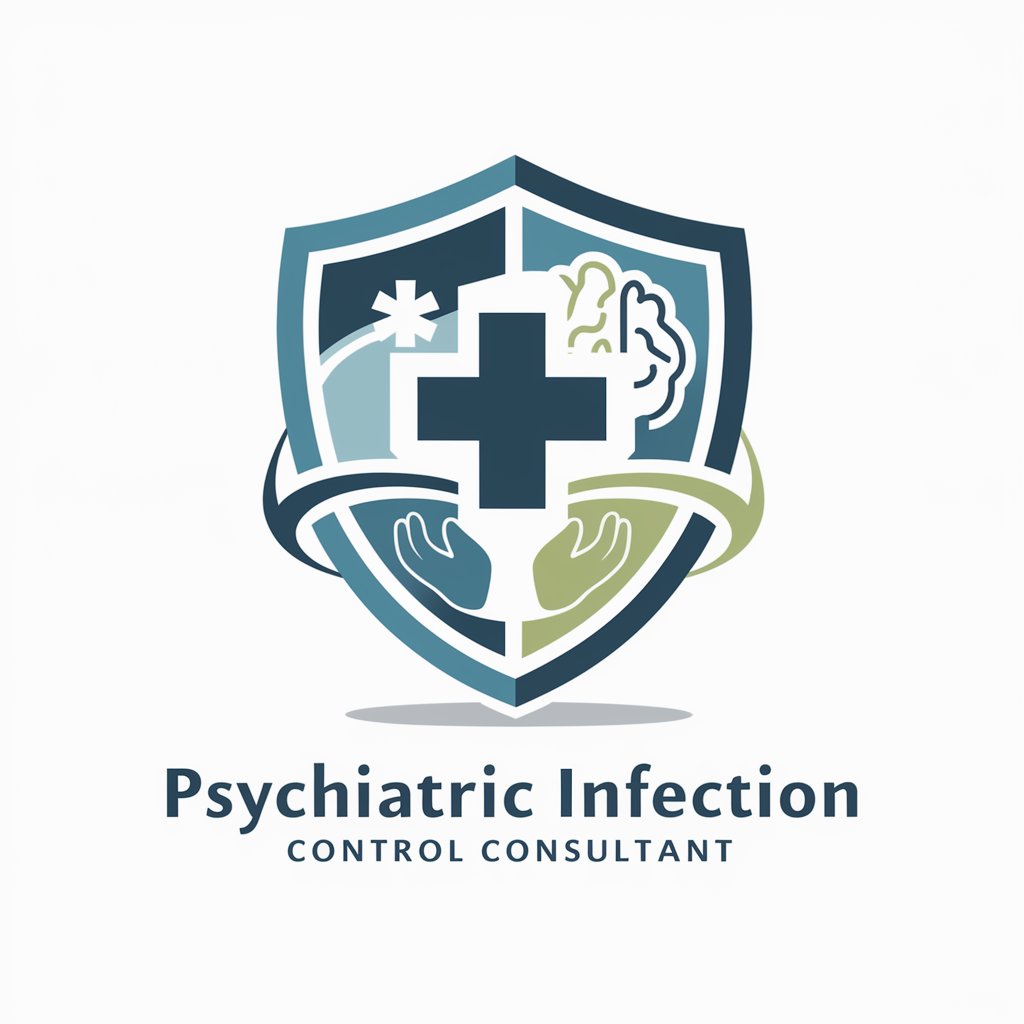
SQL Injection Demonstrator
Master SQL Injection Safely with AI

Infection Control Companion
Empowering infection prevention with AI
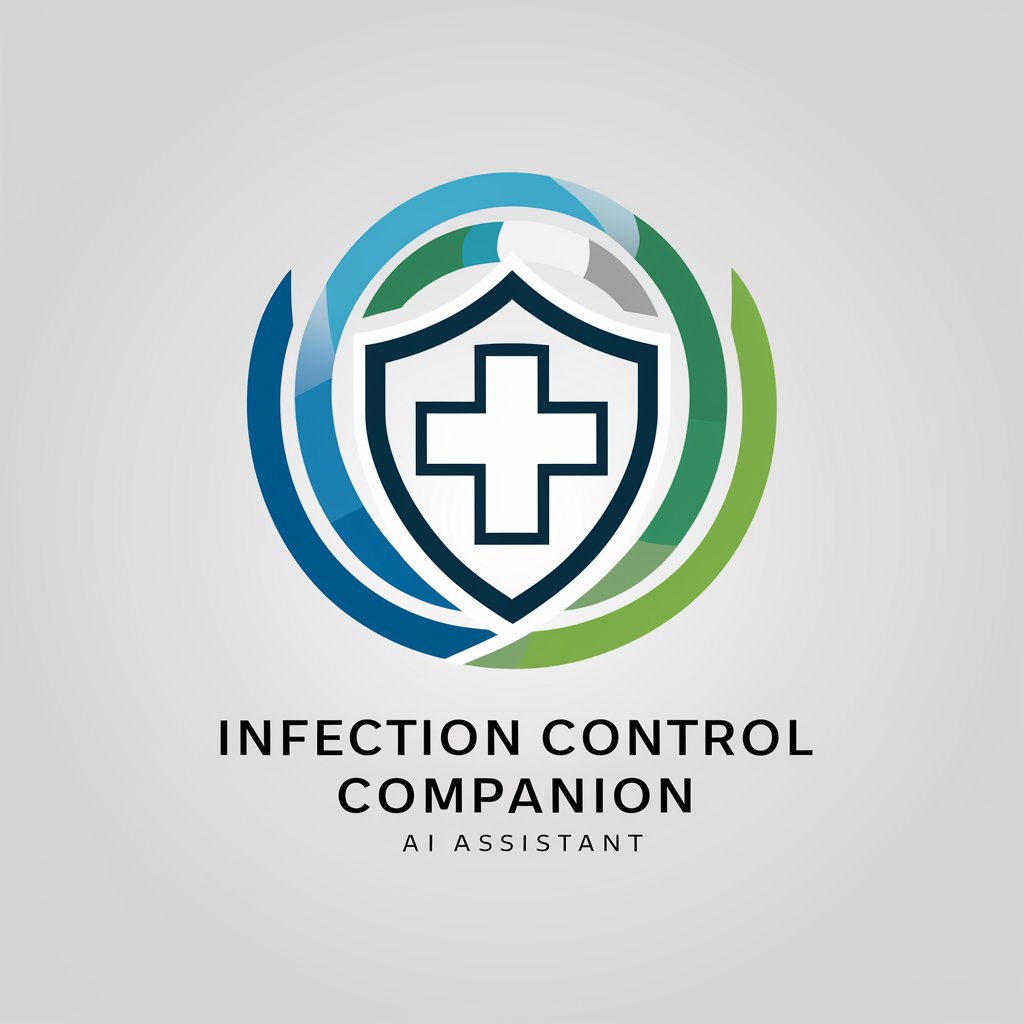
Diabetes Injection Buddy
Smart management for your insulin therapy.
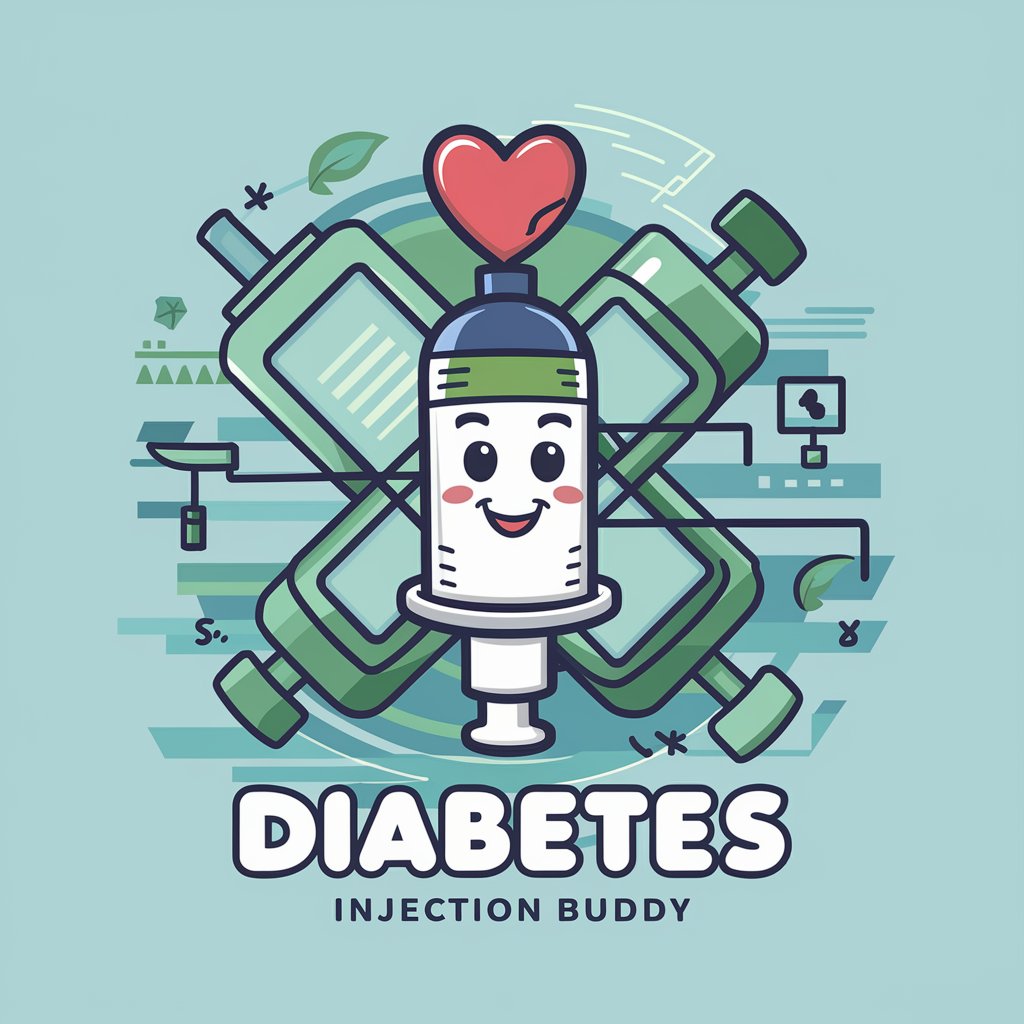
Injection Molding Troubleshooter v2.0
Optimize molding with AI-driven insights.

Clinical Manager
Streamlining Healthcare with AI
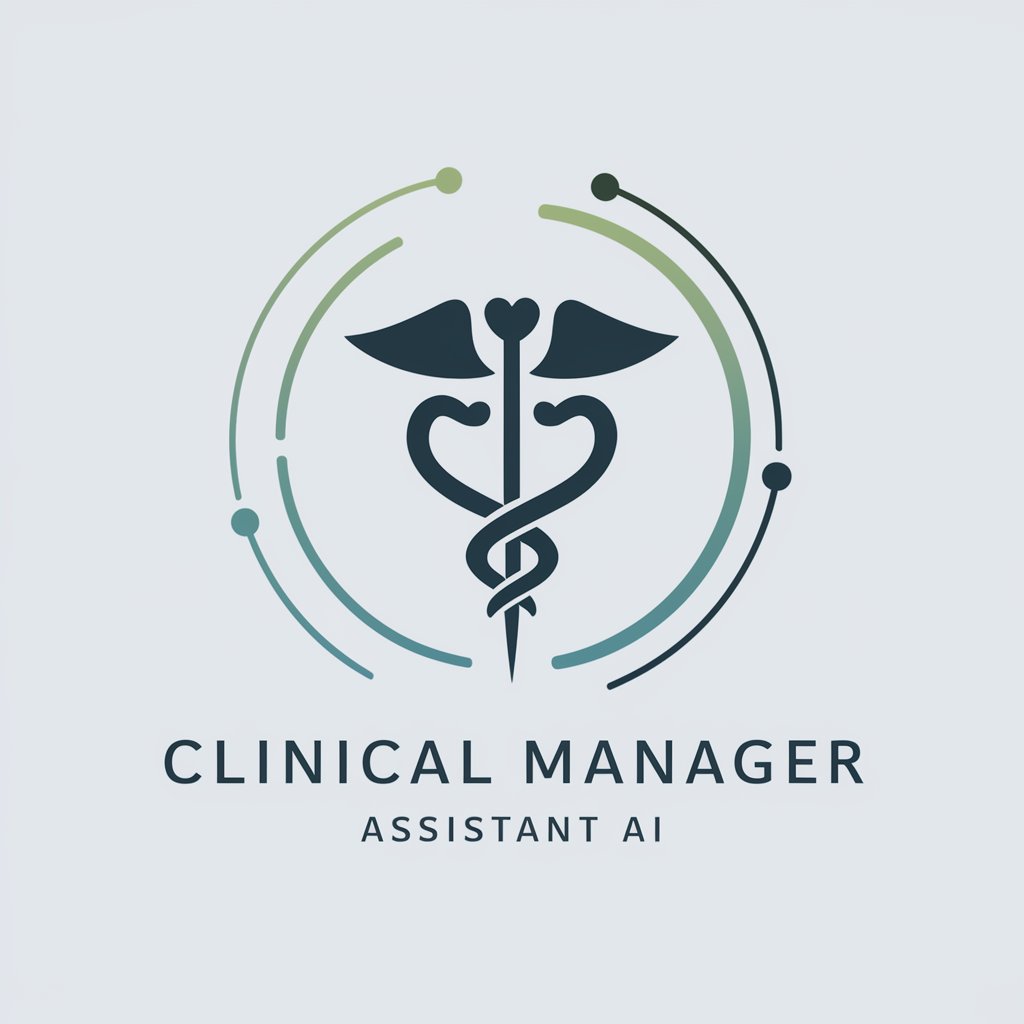
Clinical Career Compass
Navigate Clinical Careers with AI

Clinical Anatomy
Deciphering anatomy for clinical excellence
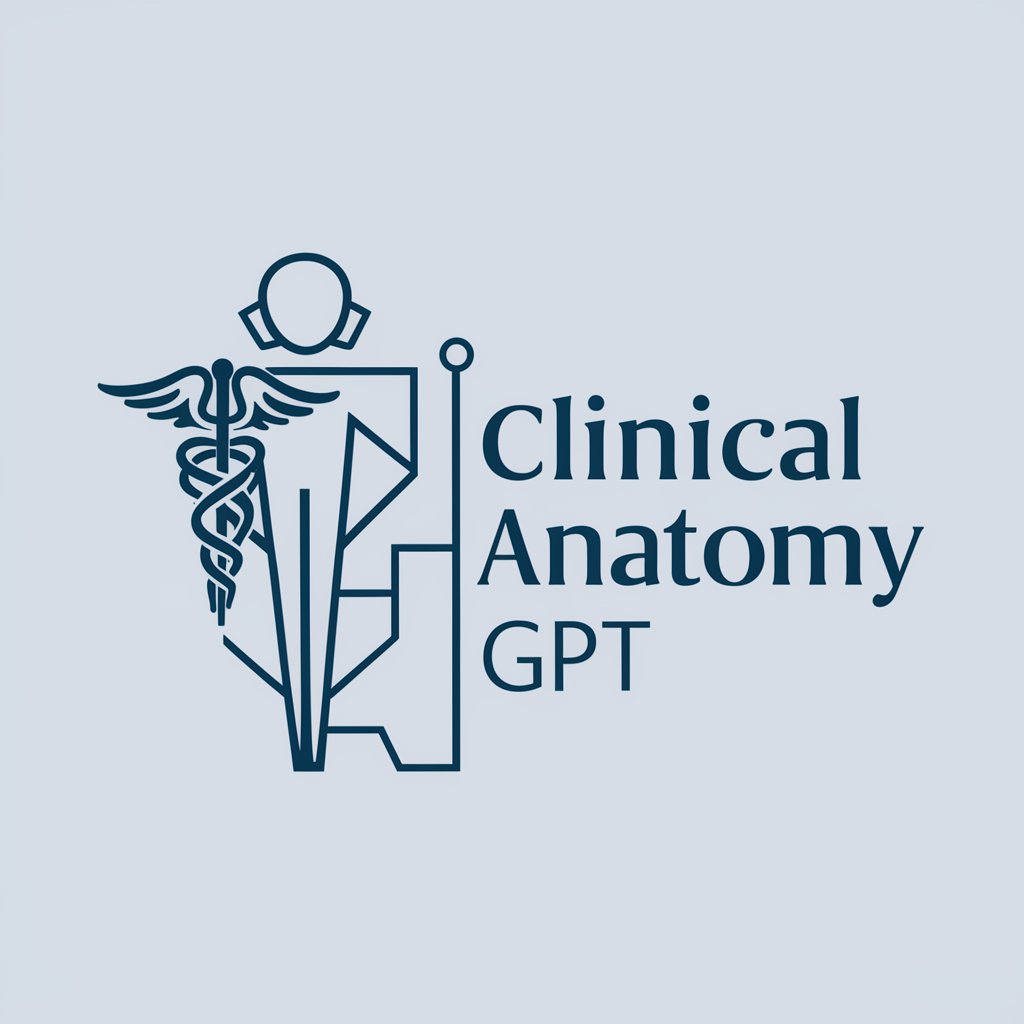
Clinical insight
Empowering trials with AI-driven insights
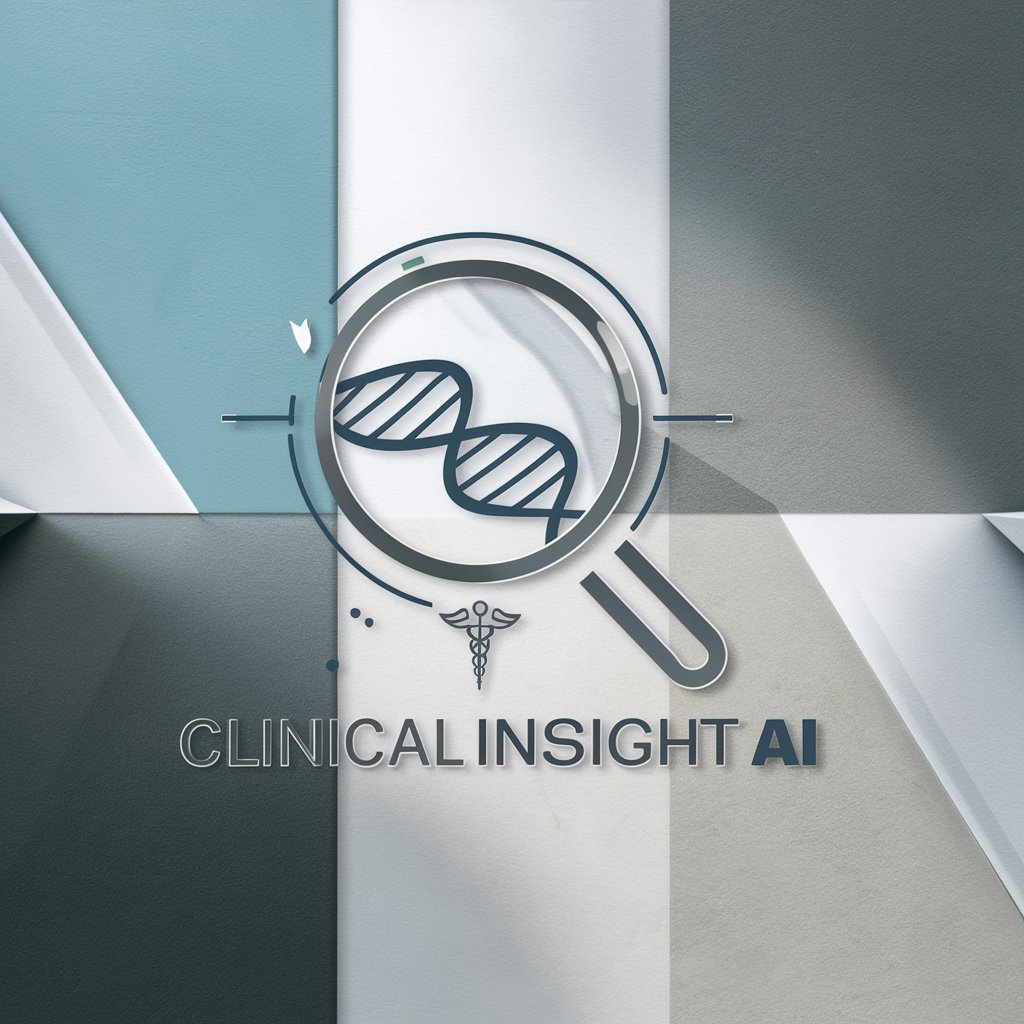
Clinical Compass
Navigating clinical trials with AI
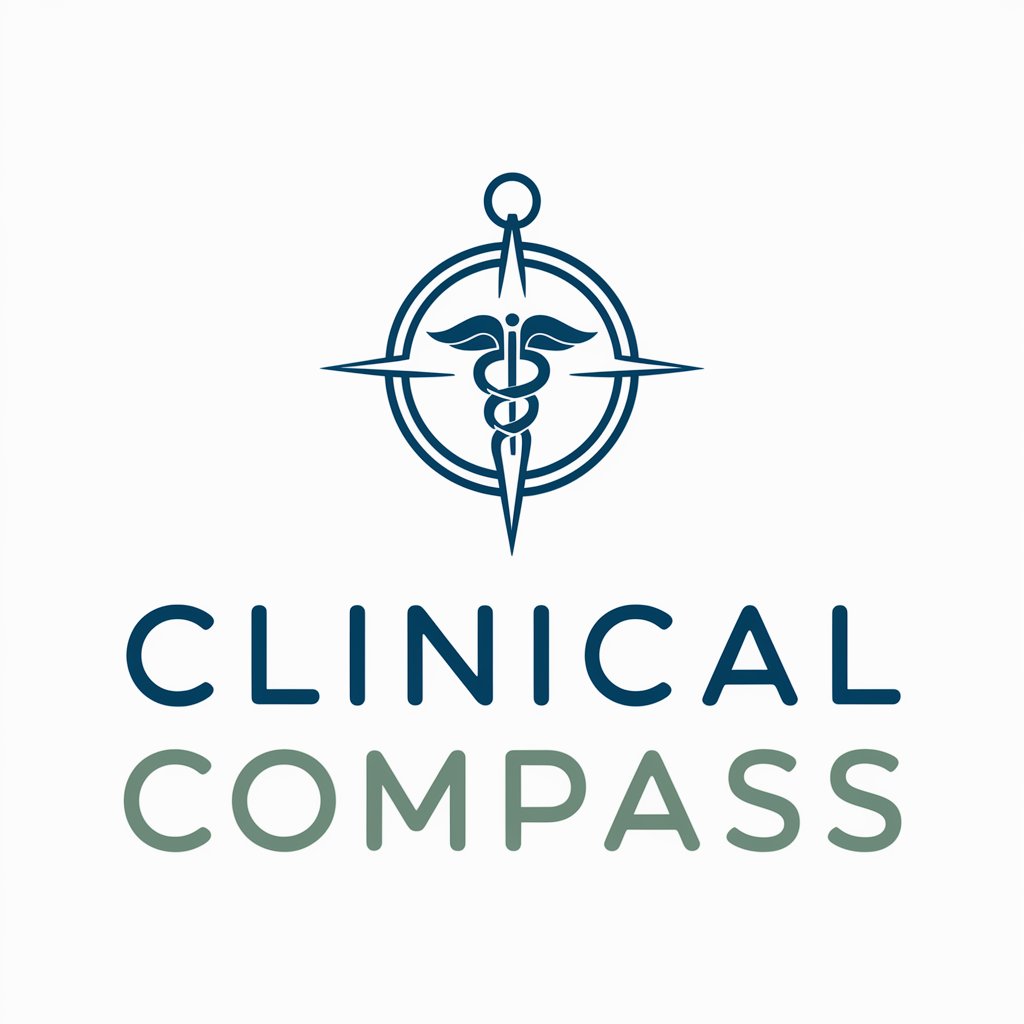
Frequently Asked Questions about Hospital Infection Research Assistant
What types of documents can I upload for analysis?
You can upload academic papers, research articles, data reports, and any other relevant document in PDF or text format for a detailed examination and insights into hospital infections and antibiotic resistance.
How does this Assistant help in academic writing?
It aids by providing detailed analyses, suggesting relevant literature, formulating research hypotheses, offering methodological insights, and assisting in drafting parts of papers with scientific accuracy.
Can the Assistant help identify new research avenues?
Yes, it can suggest emerging trends, gaps in current research, and potential areas for investigation based on the latest studies and data in the field of hospital infections and antibiotic resistance.
Is the Assistant capable of providing real-time updates on hospital infections?
While it has access to a broad range of information, real-time updates depend on the latest available data in the uploaded documents and its last training cut-off date.
What makes this Assistant unique in handling questions about antibiotic resistance?
Its specialized focus on hospital infections and antibiotic resistance, coupled with the ability to analyze detailed research materials and provide tailored responses, sets it apart for academics and researchers in this field.
